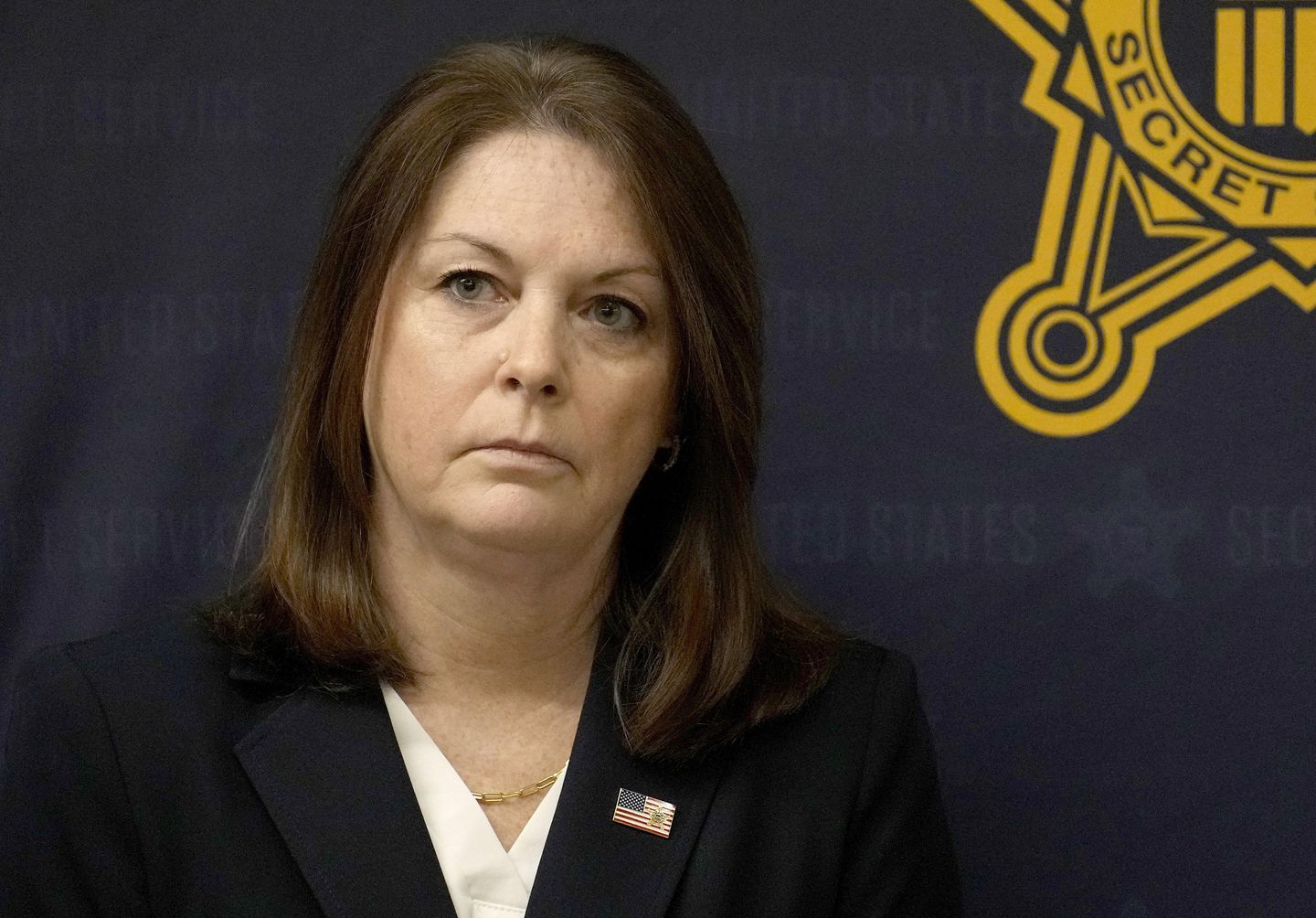The House Oversight Committee convened on Monday for the highly anticipated public hearing on the attempted assassination of former President Donald Trump. The shocking incident had sent shockwaves through the nation, prompting lawmakers to demand answers on how a lone gunman was able to come so close to fatally harming the Republican presidential nominee.
The hearing, which was held in a packed room on Capitol Hill, was attended by members of both parties who were eager to get to the bottom of the assassination attempt. The committee chairman, Rep. James Smith, opened the hearing by acknowledging the gravity of the situation and emphasizing the importance of understanding how such a security breach could occur.
The hearing began with testimony from Secret Service Director Sarah Johnson, who provided a detailed account of the events leading up to the attempted assassination. Johnson described how the Secret Service had received intelligence reports of a potential threat against Trump, prompting them to increase security measures at his campaign events.
Despite these precautions, the gunman, identified as John Doe, was able to evade security and get within close range of Trump during a rally in Ohio. Johnson explained that the Secret Service agents on duty had acted swiftly to apprehend the gunman and prevent any further harm to the former president.
Lawmakers on the committee expressed outrage at the security lapse that had allowed the gunman to get so close to Trump. Rep. Samantha White, a Democrat from New York, questioned why the Secret Service had not been able to prevent the attack despite being aware of the potential threat.
Director Johnson defended the actions of her agents, stating that they had followed protocol and responded quickly to neutralize the threat. She also highlighted the challenges faced by the Secret Service in protecting high-profile figures like presidential candidates, particularly in an era of heightened political tensions.
The hearing also featured testimony from law enforcement officials involved in the investigation of the assassination attempt. FBI Director Mark Thompson provided an overview of the agency’s efforts to track down the gunman and determine his motives.
Thompson revealed that John Doe had a history of mental health issues and had been radicalized by online extremist groups. He emphasized that the attack was not politically motivated, but rather the result of a disturbed individual seeking to make a statement.
Members of the committee pressed Thompson on whether the FBI had missed any warning signs that could have prevented the assassination attempt. Thompson acknowledged that there were gaps in the agency’s monitoring of online extremist activity and pledged to improve intelligence gathering in the future.
The hearing also included testimony from experts in security and counterterrorism, who offered insights into the challenges faced by law enforcement in preventing lone wolf attacks. Dr. Emily Adams, a professor of national security studies, emphasized the need for greater coordination between federal, state, and local agencies in tracking and monitoring potential threats.
Adams also called for increased resources for mental health services to address the underlying issues that can contribute to violent extremism. She highlighted the importance of early intervention and de-radicalization programs to prevent individuals from resorting to violence.
As the hearing drew to a close, lawmakers on the committee expressed their commitment to ensuring the safety of political candidates and other high-profile figures. Rep. Smith announced plans to introduce legislation that would enhance security protocols for presidential candidates and increase funding for the Secret Service.
The public hearing on the attempted assassination of former President Donald Trump concluded with a renewed sense of urgency to address the security challenges facing the nation. Lawmakers vowed to work together to prevent future attacks and protect the democratic process from those who seek to undermine it.









